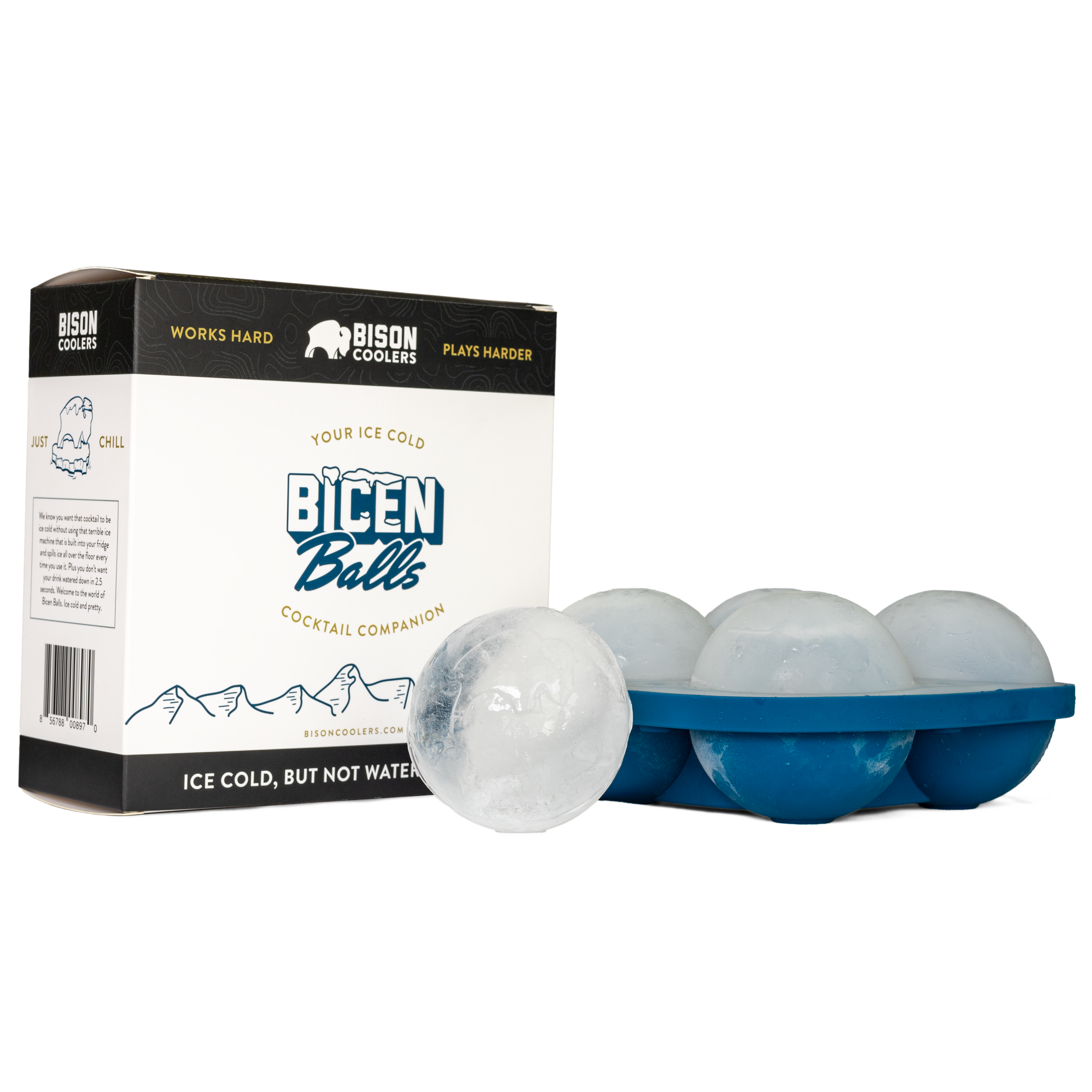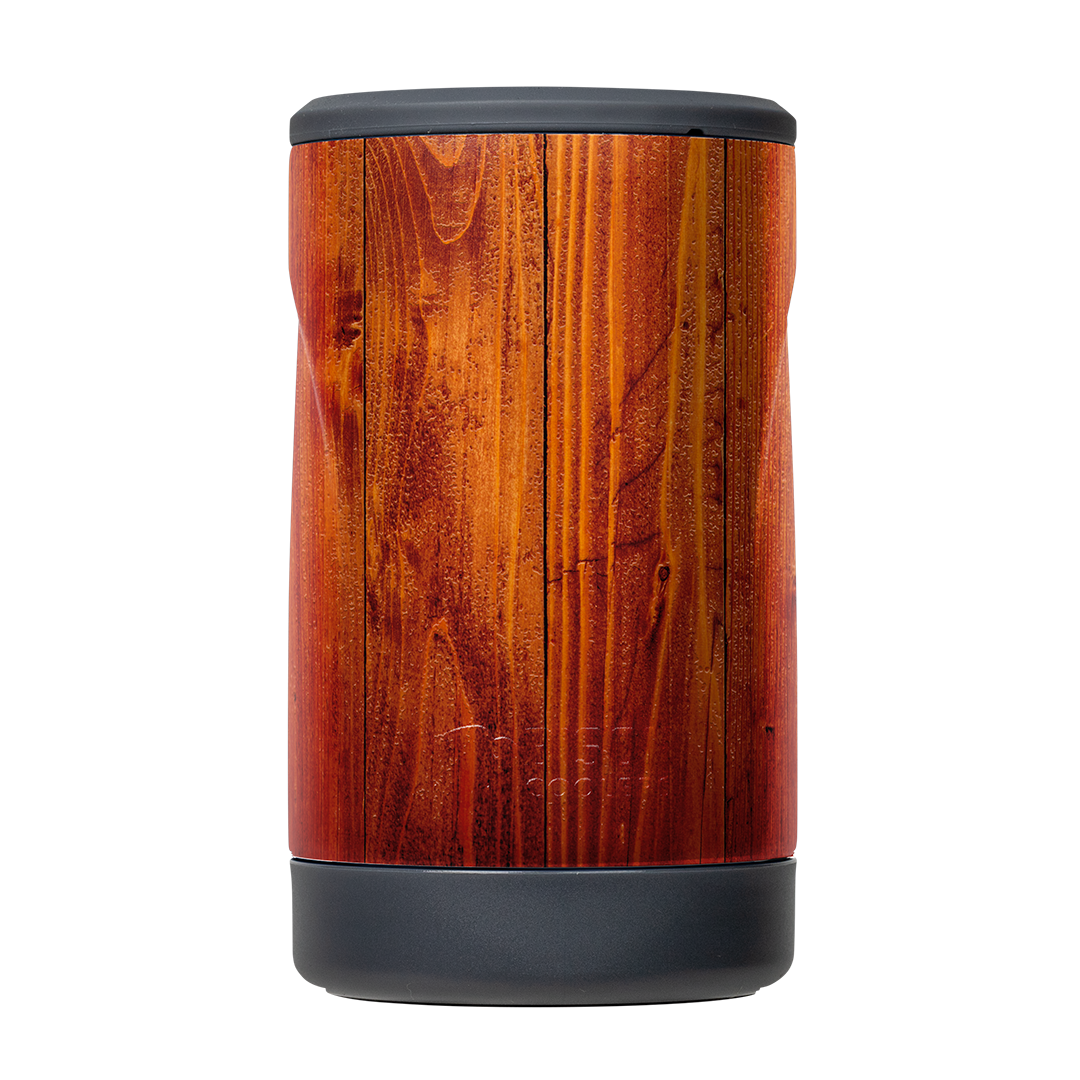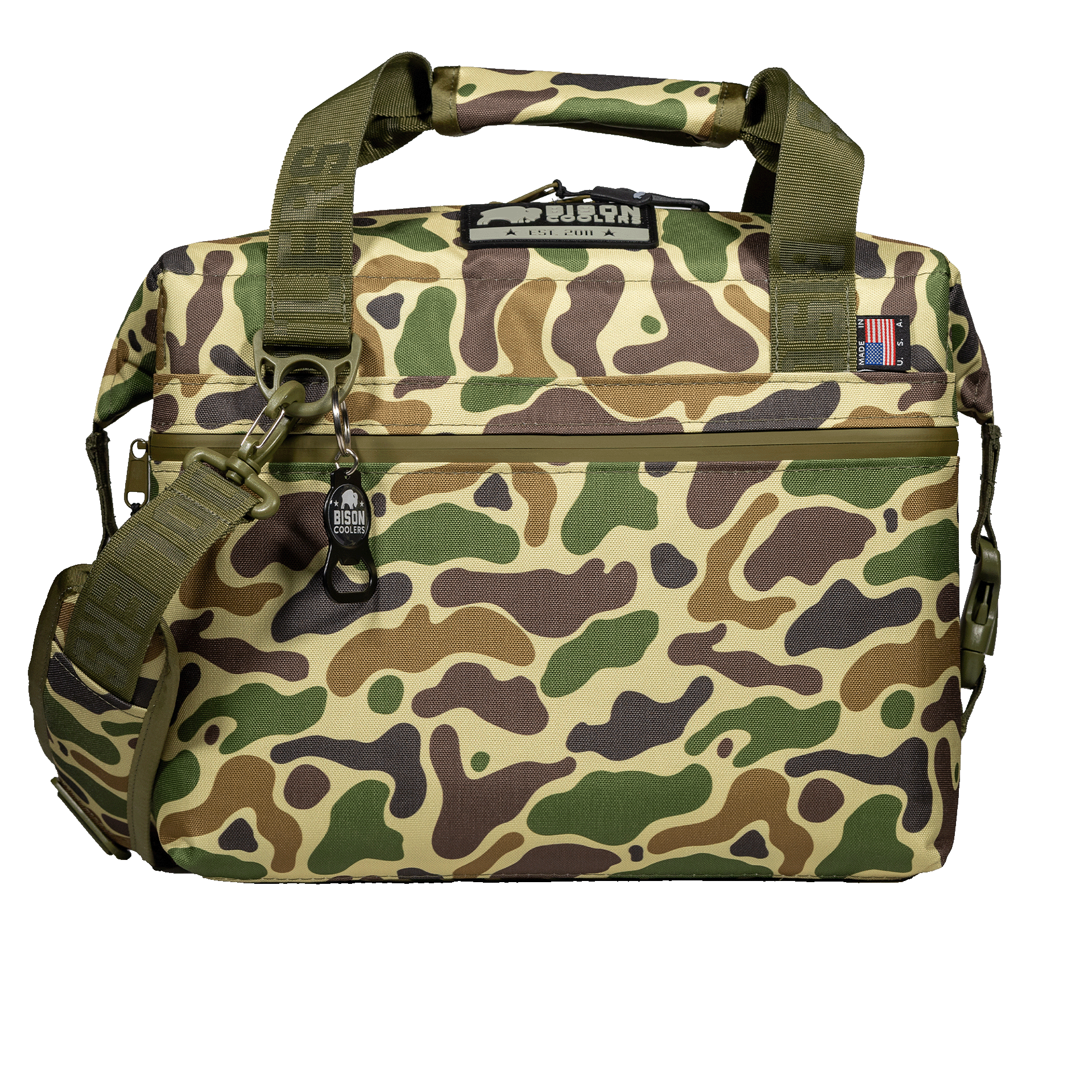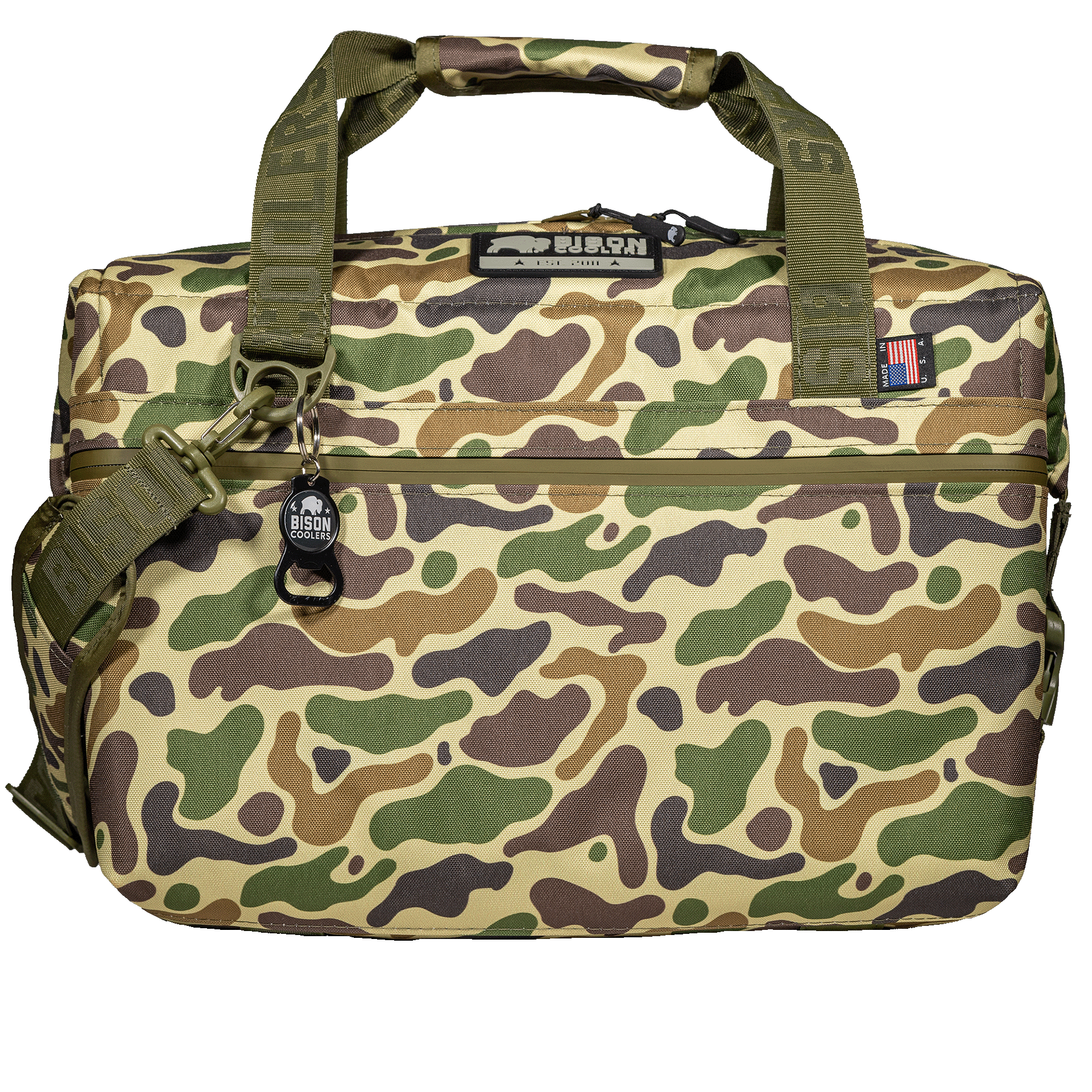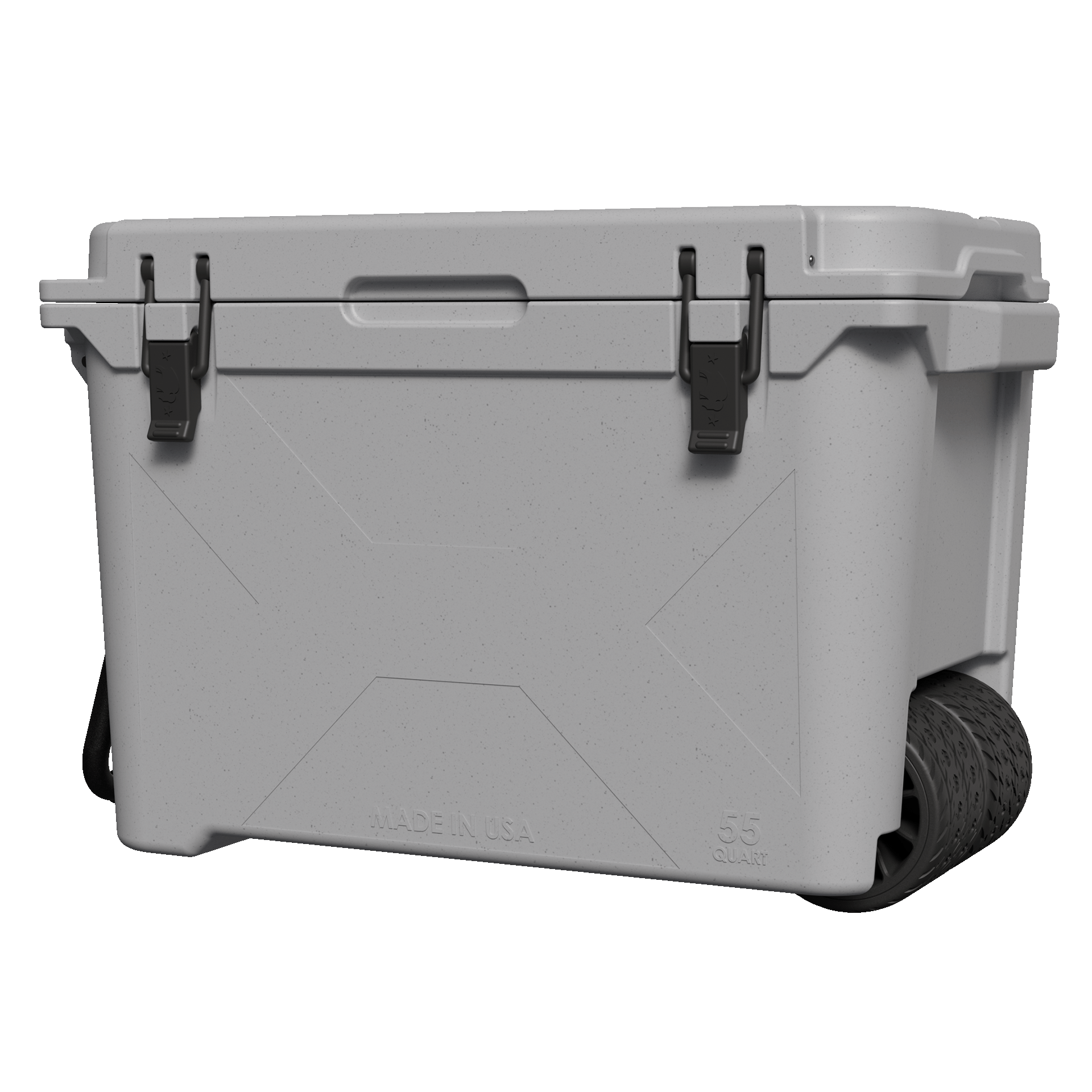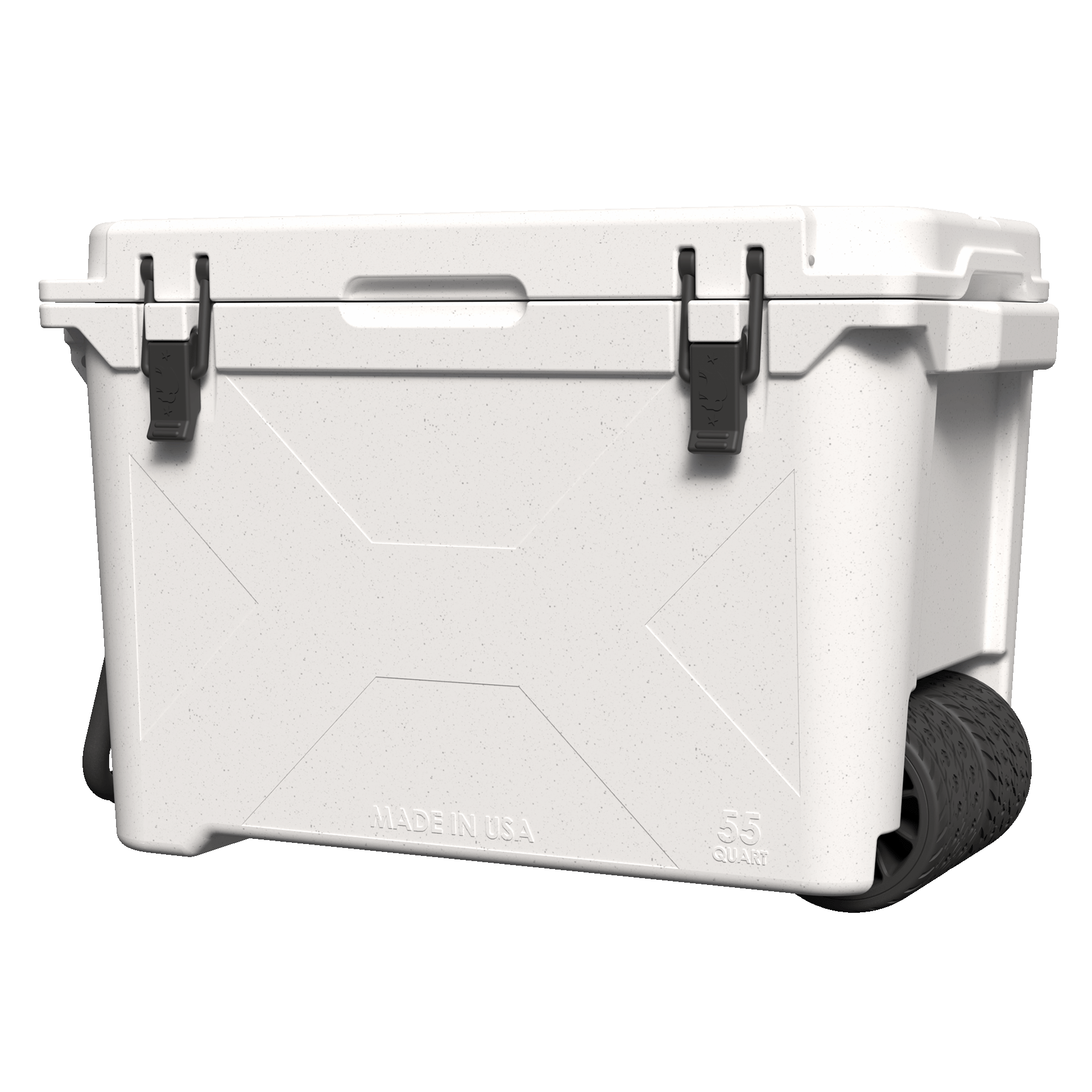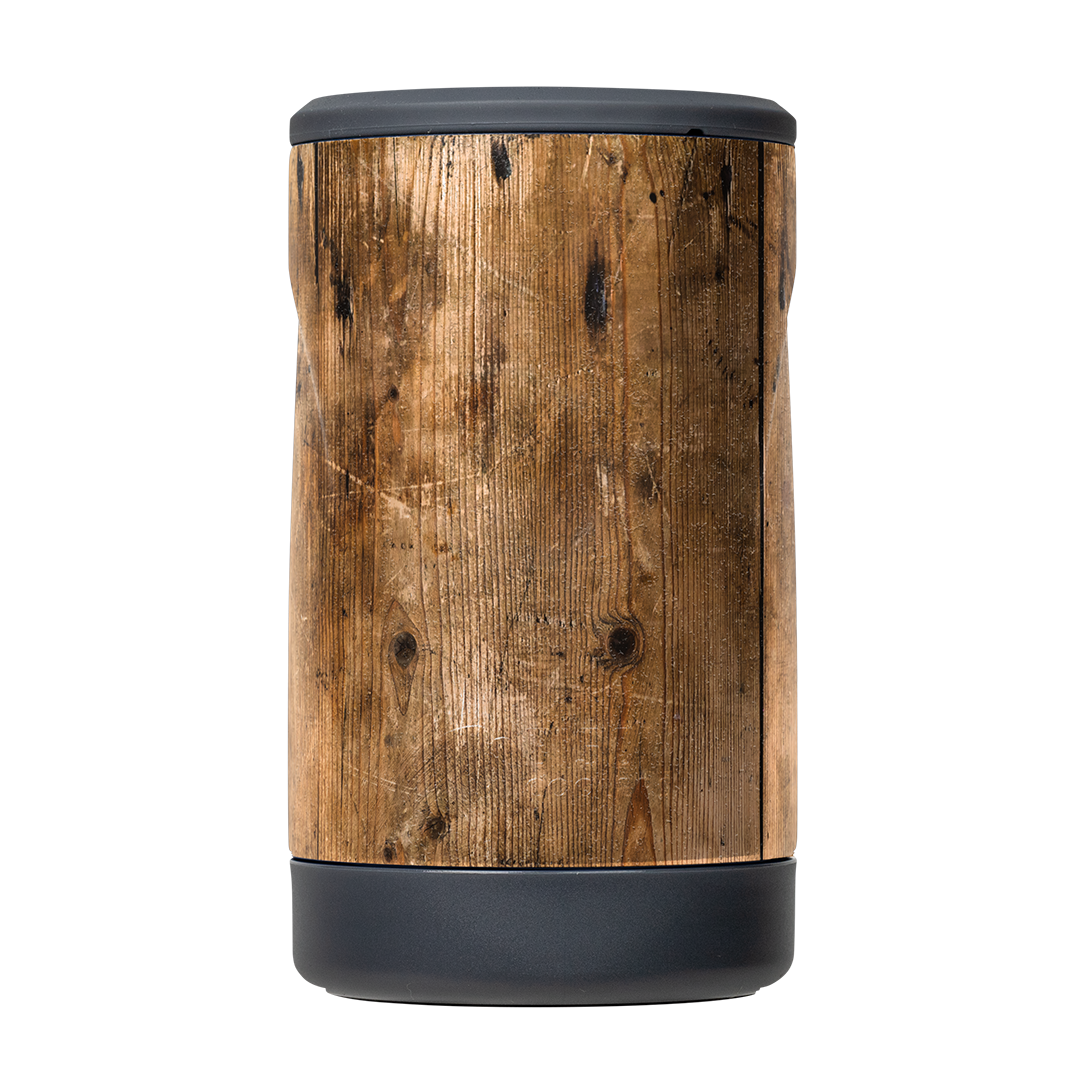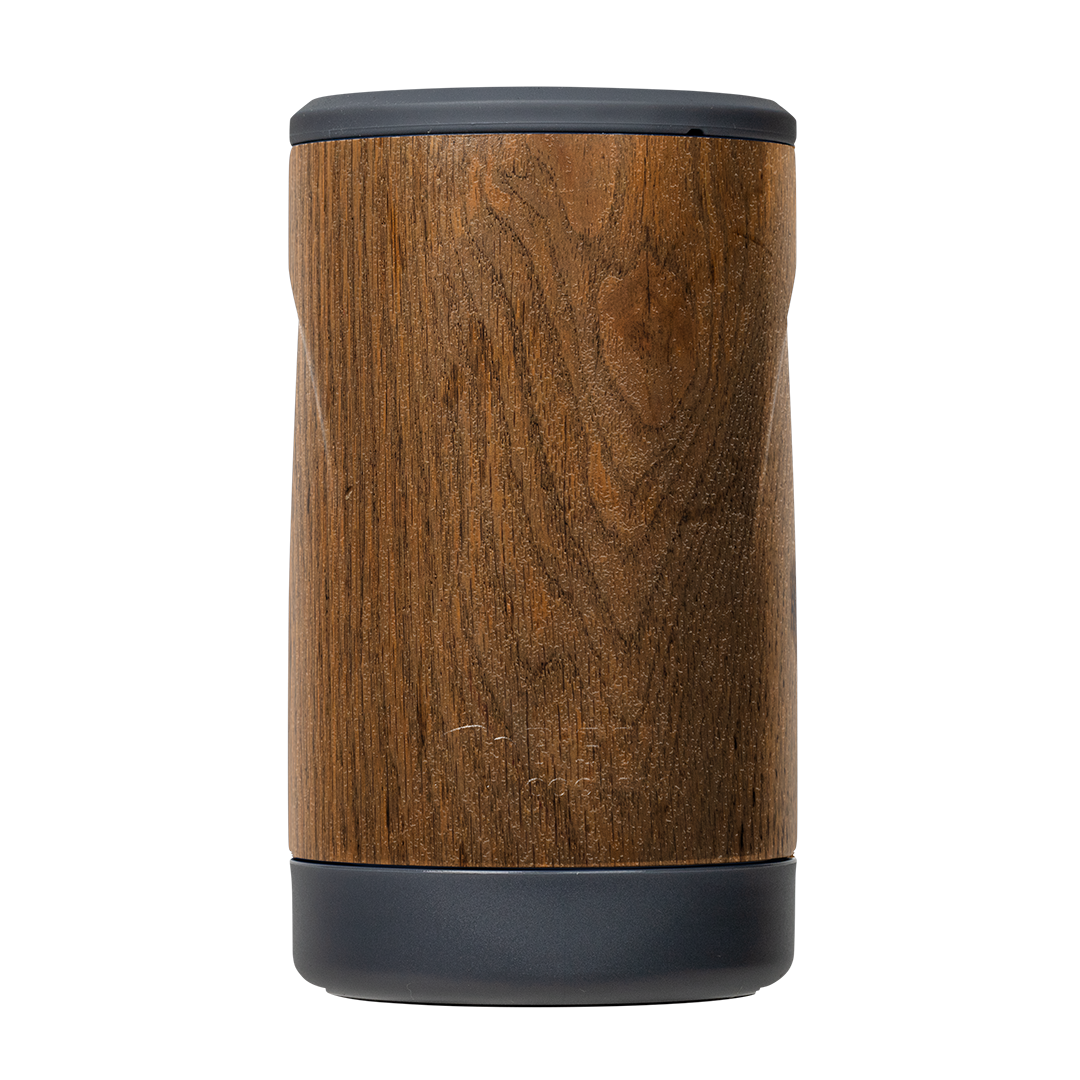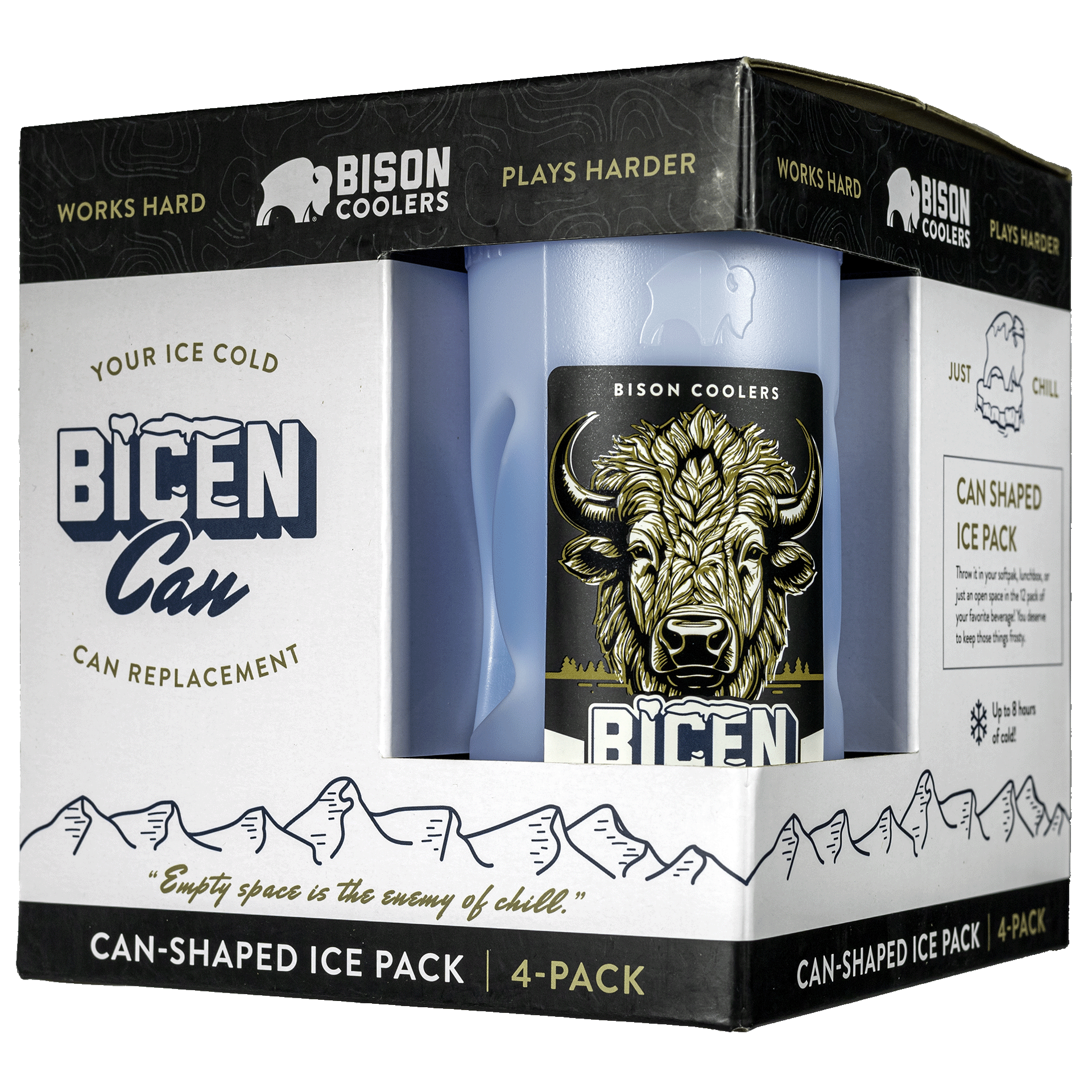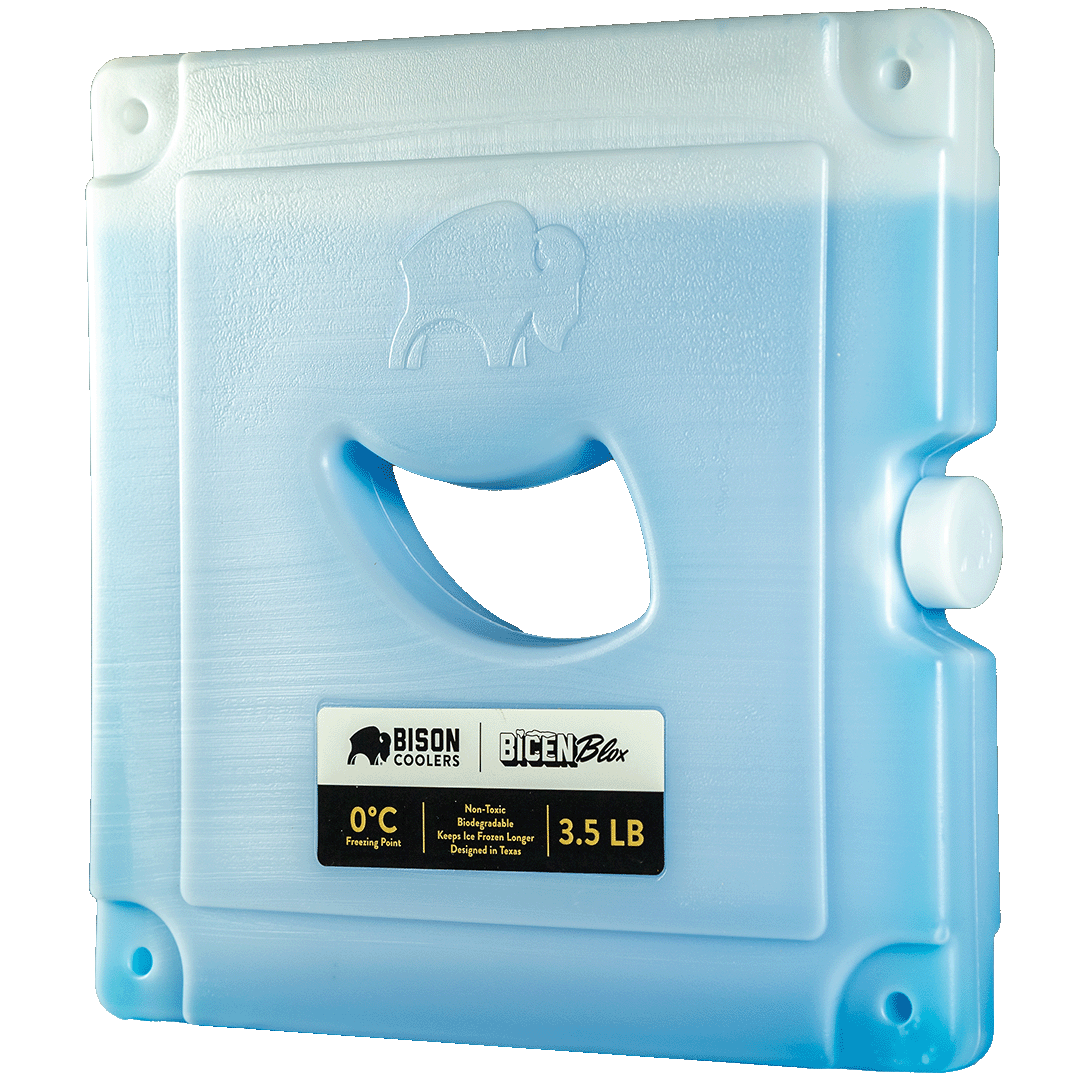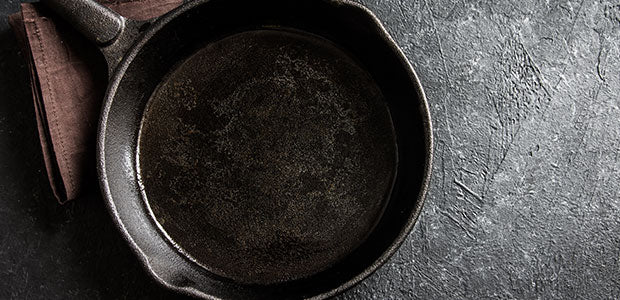
Your Grampa Knew What's Up, Cast Iron!
Earlier this year while helping my dad clean out his storage unit I stumbled upon a few dirty old cast iron frying pans. They all had their fair share of rust and gunk and were heavy enough to serve a dual purpose and boat anchors. Still, as nasty as they were, I decided my kitchen was in need of some manly cookware. After some laborious scrubbing and re-seasoning sessions I had them back in action and I've been hooked ever since. My wife thinks I'm nuts and calls it my new obsession because I refuse to use anything else now. So I thought for this blog I'd share some things I've learned about my latest obsession.
One of the great things about cast iron is its darn near indestructible which is something we can really appreciate at brute outdoors. Just like our coolers, cast iron cook wear is built to last a really long time. In fact my favorite skillet was made sometime in the 40's. This durability also allows you to cook with them just about anywhere. From ovens to cook-tops to camp-fires, they're great for any situation. This durability is derived from their thick cast iron walls which also allow them to distribute heat evenly and retain it for longer then most. Its important to give it enough time to heat up before cooking, five minutes on low-medium heat should be sufficient for most situations.
Cast Iron also has great non-stick properties with ample seasoning. I'm not referring to salt and pepper but the thin layer of oils and fats that have been burnt onto the surface of the cookware. There are lots of differing opinions out there as to the proper way to season but I'm sure they all give similar results, so just pick one. I Preheat the oven to 425 degree and stick in the bare skillet to heat it up. Once the oven is done preheating I take out the skillet and cover it with a thin layer of grape seed oil due to its higher smoke point. Make sure to coat all surfaces as this will serve as a rust inhibitor as well. Place the skillet back in the oven for thirty minutes upside down so no oil pools on the cooking surface. When time is up turn off the heat and let it cool down in the oven then repeat two more times. You should be left with a darkened surface that is now suitable for cooking. The best part is the more you cook with it the better the seasoning will get. You shouldn't wash cast iron but allow more burned oils and fats to build up over time. This may sound unsanitary but simply pour some course salt in the pan then wipe clean any left over food particles while the pan is still warm. You should be left with a glistening black surface ready for the next round of eggs and bacon.
In this brutes opinion cast iron is the only way to cook. Do yourself a favor next time your rummaging through a garage sale and come across a dirty old skillet. Look past the gunk and rust and see the potential for your new favorite cookware.

